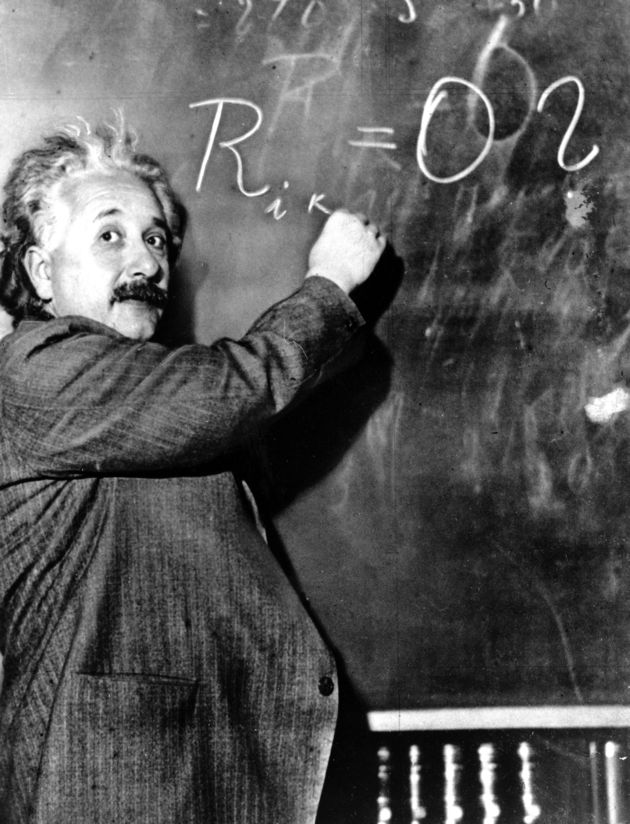Mathematicians Still Seen as Einsteins

No great surprise, but the numbers in a new study show mathematicians are viewed as geeks, a stereotype that keeps students from studying math or using the subject later in life.
The researchers suggest there is a link between popular culture's image of nerdy mathematicians and a lag in math students.
"Given the narrow, negative clichés associated with maths and mathematicians, it is hardly surprising that relatively few young people want to continue with the subject," said lead researcher Heather Mendick of the Institute for Policy Studies in Education at the London Metropolitan University.
With funding from the Economic and Social Research Council, Mendick and her colleagues conducted interviews, focus groups and a survey of more than 650 individuals, with high-school students and college undergraduates.
Male students were more than three times as likely as their female counterparts to view themselves as excelling in math, with more than 10 percent of guys and 3 percent of girls reporting they are "very good" at math.
Nearly all participants, both math-friendly students and those who steer clear of equations, think of a mathematician as a white male with white hair, who is obsessed with the number-laden subject to the exclusion of any social life. For instance, participants labeled Albert Einstein and John Nash (portrayed in the movie "A Beautiful Mind") as lacking social skills and as weird or not normal.
"The dominant image is a very traditional image — white male, middle class," Mendick told LiveScience. "When you go a bit deeper, you find people are quite critical of that kind of image."
Sign up for the Live Science daily newsletter now
Get the world’s most fascinating discoveries delivered straight to your inbox.
Students who chose to study math once they entered college were more likely to view this math-obsession as a sign of skill, commitment or devotion rather than madness.
A few math majors in college put a positive spin on geek status, even though several of these individuals went to considerable lengths to claim their own normality.
"Some people did want to reclaim 'geek,' and say 'I am a geek and I'm quite proud of it,'" Mendick said.
- Video: Here's to Your Brain
- Top 10 Mysteries of the Mind
- Vote: The Greatest Modern Minds
Jeanna Bryner is managing editor of Scientific American. Previously she was editor in chief of Live Science and, prior to that, an editor at Scholastic's Science World magazine. Bryner has an English degree from Salisbury University, a master's degree in biogeochemistry and environmental sciences from the University of Maryland and a graduate science journalism degree from New York University. She has worked as a biologist in Florida, where she monitored wetlands and did field surveys for endangered species, including the gorgeous Florida Scrub Jay. She also received an ocean sciences journalism fellowship from the Woods Hole Oceanographic Institution. She is a firm believer that science is for everyone and that just about everything can be viewed through the lens of science.










